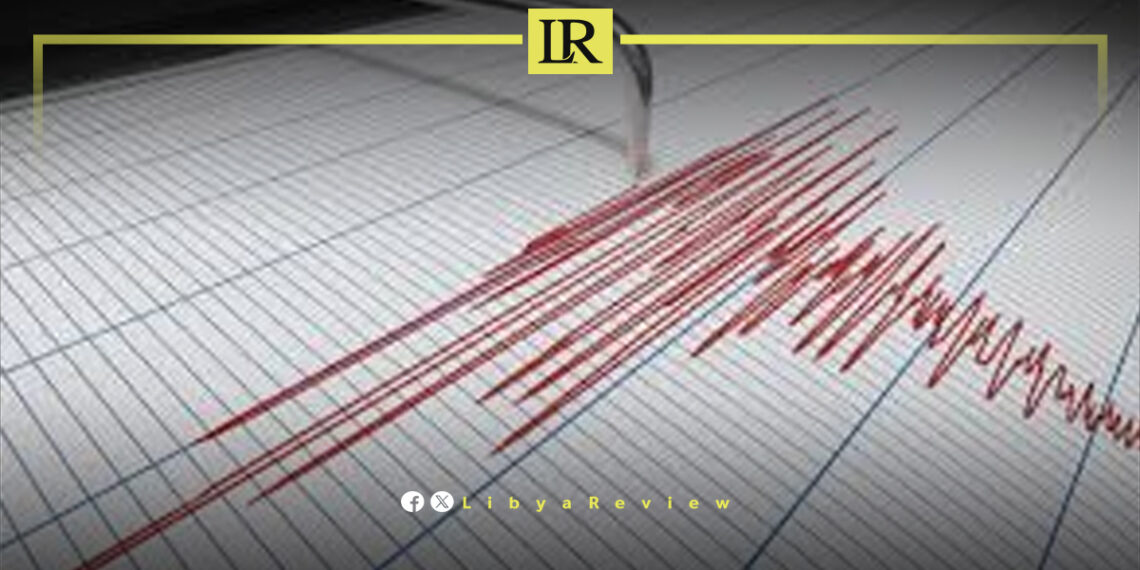The Libyan Center for Remote Sensing and Space Science has reported that global seismic monitoring stations recorded an earthquake off the Libyan coast in the early hours of Friday morning. The earthquake occurred at 03:59:19.3 local Libyan time and registered a magnitude of 4.2 on the Richter scale.
According to the center, the earthquake had a depth of 10 kilometers and its epicenter was located in the Mediterranean Sea, approximately 148 kilometers northeast of Misrata and about 301 kilometers northeast of Tripoli.
This region is known for its notable seismic activity due to active fault lines extending across the Mediterranean and along Libya’s western coast. The center recalled a similar seismic event in the same area on December 29, 2009, near the shores of Misrata, which had a magnitude of 4.8 on the Richter scale.
Experts emphasize the importance of monitoring seismic activity in this region, given its history of mild to moderate earthquakes.
Libya has been in chaos since a NATO-backed uprising toppled longtime leader Muammar Gaddafi in 2011. The county has for years been split between rival administrations.
Libya’s economy, heavily reliant on oil, has suffered due to the ongoing conflict. The instability has led to fluctuations in oil production and prices, impacting the global oil market and Libya’s economy.
The conflict has led to a significant humanitarian crisis in Libya, with thousands of people killed, and many more displaced. Migrants and refugees using Libya as a transit point to Europe have also faced dire conditions.
The planned elections for December 2021 were delayed due to disagreements over election laws and the eligibility of certain candidates. This delay has raised concerns about the feasibility of a peaceful political transition.
Despite the ceasefire, security remains a significant concern with sporadic fighting and the presence of mercenaries and foreign fighters. The unification of the military and the removal of foreign forces are crucial challenges.


